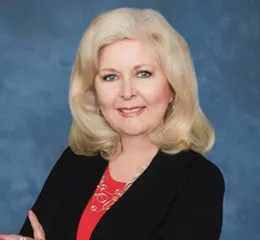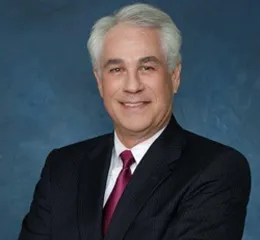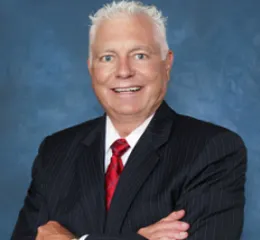FARGASON, BOOTH, ST. CLAIR, RICHARDS & WILKINS, LLP
Lubbock, Texas Law Firm with Nearly 150 Years of Combined Legal Experience
The Lubbock law firm of Fargason, Booth, St. Clair, Richards & Wilkins, LLP (“FBSR&W”) provides clients with knowledgeable and compassionate legal advice when they need it the most. We have nearly 200 years of combined legal experience. Our attorneys and staff are friendly and approachable. Our office is conveniently located at 4716 4th Street in Lubbock, Texas. Our firm serves clients throughout Texas and New Mexico.
Our veteran team of lawyers provides clients with many years of legal and courtroom experience in major personal injury, business litigation and family law cases. We have secured many millions of dollars in jury verdicts and settlements throughout Texas and New Mexico.
Our clients find peace of mind knowing that they have a responsible team of attorneys that can help them in a wide variety of legal matters.







